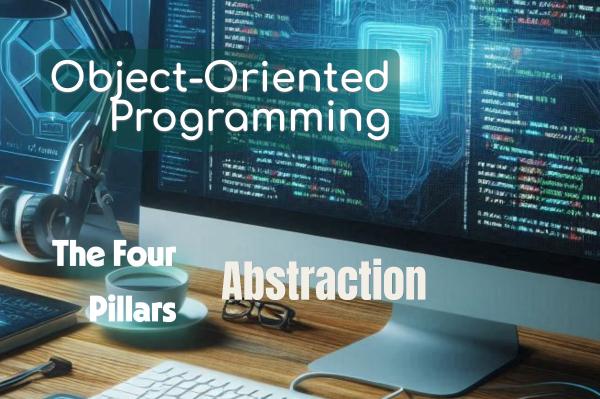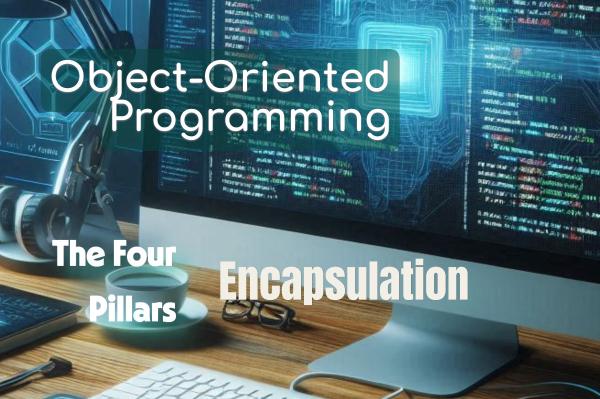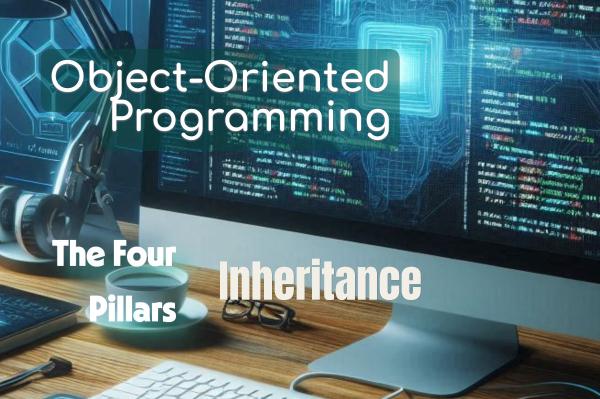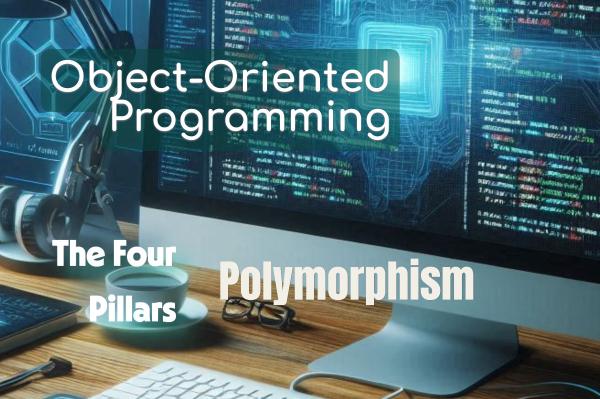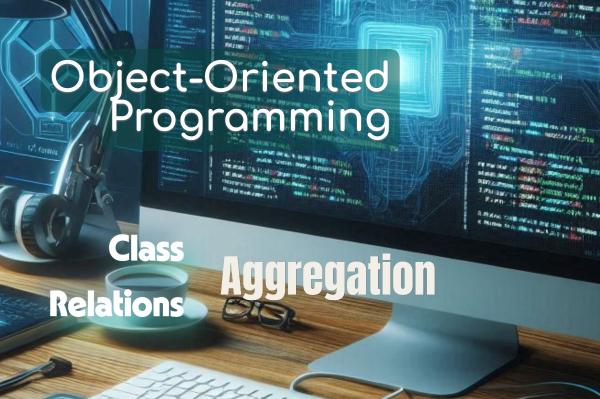At the heart of OOP lie four fundamental concepts: Encapsulation, Inheritance, Polymorphism, and Abstraction. These concepts, often referred to as the “four pillars” of OOP, form the foundation upon which complex software systems are built. In this guide, we will delve deep into each of these concepts, exploring their definitions, implementations, and practical applications. We’ll use Python, a language known for its clarity and versatility, to demonstrate these concepts in action. Whether you’re a beginner just starting your programming journey or a seasoned professional looking to refresh your knowledge, this article aims to provide valuable insights and a deeper understanding of OOP principles.
- Encapsulation allows us to bundle data and methods together, hiding internal details and protecting data integrity.
- Inheritance enables code reuse and the creation of hierarchical relationships between classes.
- Polymorphism provides a way to use objects of different types through a common interface, enhancing flexibility and extensibility.
- Abstraction allows us to create simplified models of complex systems, focusing on essential features and hiding unnecessary details.
As you continue your journey in software development, you’ll find that mastering these concepts opens up new ways of thinking about and solving problems. Remember that OOP is not just about syntax or language features, it’s a mindset for modeling complex systems and managing complexity in software.



